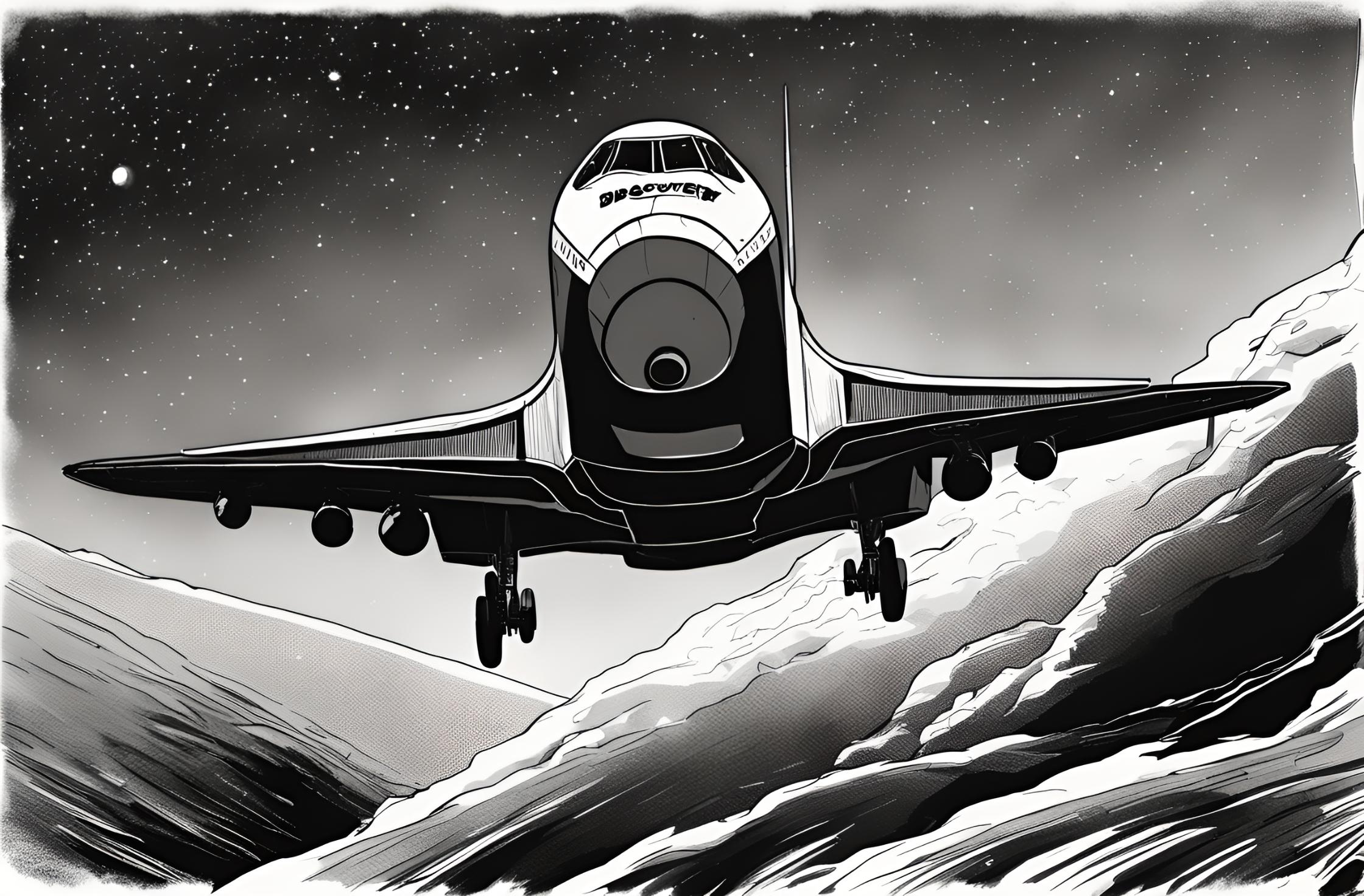Flashback to October 10
American History

1913
The United States Department of Commerce and United States Department of Labor are established
Read moreOn March 4, 1913, a significant event took place in the history of the United States government. The duties of the 10-year-old Department of Commerce and Labor were split to establish two new entities – the United States Department of Commerce and the United States Department of Labor. This move aimed to streamline the functions and responsibilities of each department, leading to more effective governance and better support for American businesses and workers.
Before this event, the Department of Commerce and Labor was responsible for overseeing both trade and workers’ rights. Recognizing the need for specialized attention in these areas, the decision was made to reorganize the department. This change came during a time of great industrial growth and economic expansion in the United States, making it all the more crucial to address the diverse needs of businesses and workers.
The United States Department of Commerce now focuses primarily on promoting economic growth and supporting American businesses. It plays a vital role in developing and implementing policies related to trade, investment, technology, and innovation. The department’s mission is to improve the overall competitiveness of the United States in the global marketplace.
Through its various agencies and bureaus, the Department of Commerce facilitates international trade, enforces laws and regulations to ensure fair competition, gathers and analyzes economic data, issues patents and trademarks, promotes tourism, and supports minority business development. All these efforts contribute to creating a favorable business environment and encouraging both domestic and international investment in the United States.
The establishment of the United States Department of Labor, on the other hand, marked a turning point in the country’s commitment to protecting workers’ rights and promoting their well-being. This department focuses on enforcing labor laws, ensuring workplace safety, promoting fair wages, and providing resources for job training and employment opportunities.
By splitting the responsibilities of the Department of Commerce and Labor, the United States government acknowledged the distinct nature of trade and labor-related matters. This reorganization aimed to enhance the efficiency and effectiveness of each department in addressing the specific needs and concerns of businesses and workers.
Over the years, both the Department of Commerce and the Department of Labor have evolved to keep pace with the changing dynamics of the American economy and workforce. They work collaboratively to support job creation, enhance workplace conditions, enforce labor standards, foster innovation, and drive economic growth.
The establishment of these two departments also highlights the broader commitment of the United States government to ensure a balanced and inclusive approach to economic development. By focusing on both the needs of businesses and workers, the government recognizes the importance of maintaining a sustainable and equitable economy.
the splitting of the duties of the 10-year-old Department of Commerce and Labor on March 4, 1913, marked a significant event in the history of the United States government. By establishing the United States Department of Commerce and the United States Department of Labor, the country took a crucial step in streamlining its governance and better meeting the needs of businesses and workers. These two departments continue to play pivotal roles in promoting economic growth, protecting workers’ rights, and shaping the future of American industries.
We strive for accuracy. If you see something that doesn't look right, click here to contact us!
Sponsored Content

US 67th manned space…
Completing its historic journey,…

Sold, dismantled and moved…
Experience a piece of…

David L Yule first…
Honoring the legacy of…

Lieutenant-Colonel George Armstrong Custer…
"Lieutenant-Colonel George Armstrong Custer,…

